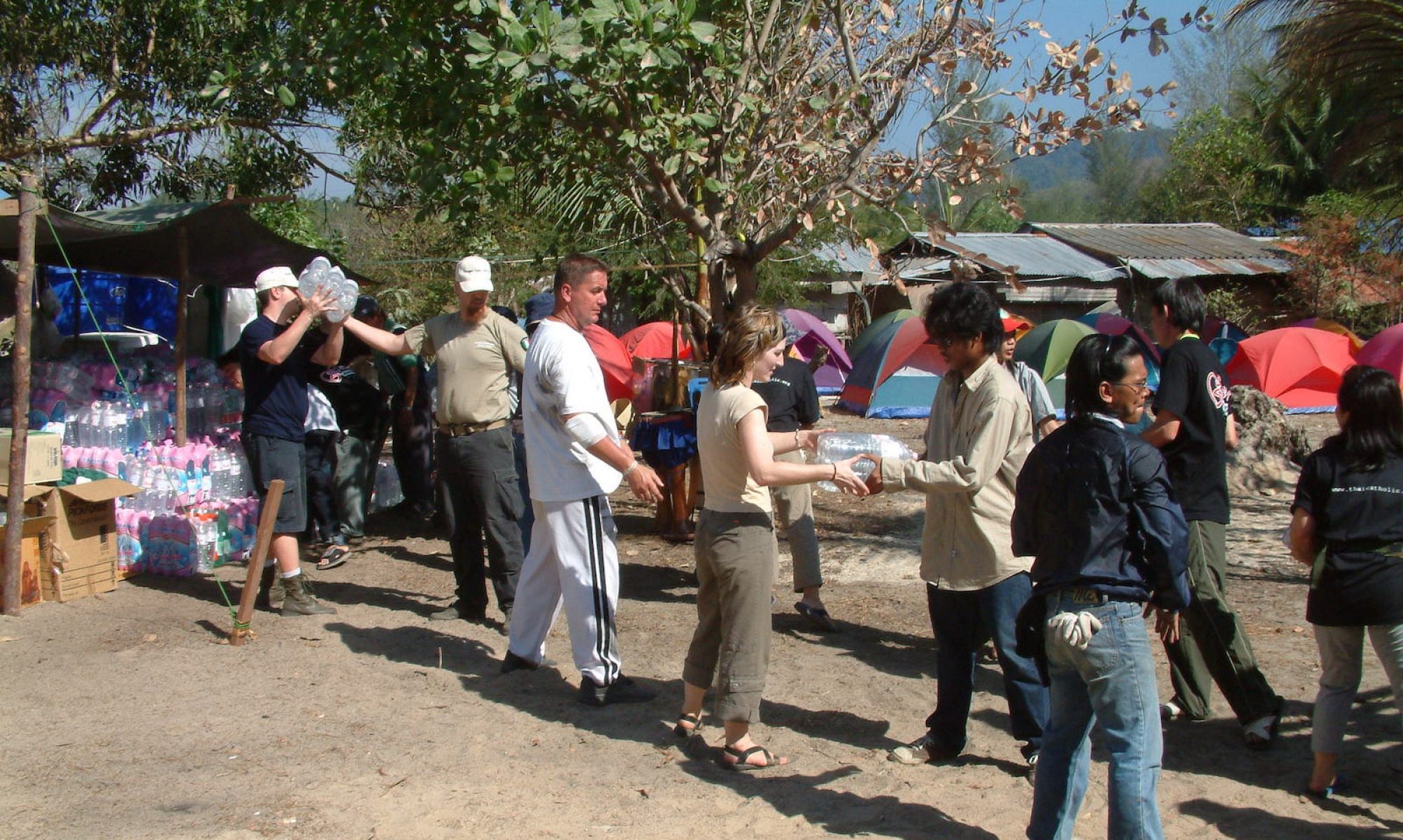Migration may be voluntary (also called economic) or involuntary (forced). In the latter case there is an external force (a war, a humanitarian crisis, religious, political, racial or ethnic persecution, a situation of generalised violence, etc.) that pushes a given population to leave their country of origin. In this circumstance the State of destiny can no longer fully exercise its power of migration control, which is summarized in the decision whether or not to admit the migrant into and stay in the country, and has the duty to provide protection under international law, human rights law and refugee rights (Universal Declaration of Human Rights (1948), Convention on the Status of Refugees (1951), ratified by 147 States).
Today there are 70.8 million refugees worldwide, people forced to leave their country of origin. Of these, some 25.9 million have been granted refugee status, more than half of whom are under the age of 18.
There are also millions of stateless people who have been denied nationality and access to fundamental rights such as education, health, employment and freedom of movement.
The main needs are, of course, reception, effective overcoming of the emergency approach and real integration while respecting the ethnic, cultural and social diversity existing in the target territories.
HOPE aims to foster the human rights of refugees and displaced persons by providing integral support according to their specific needs.

